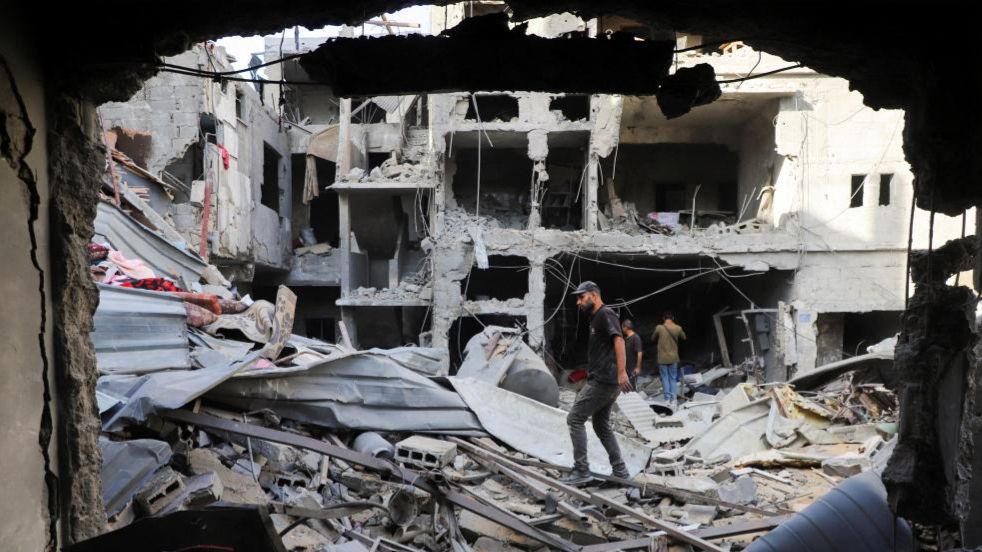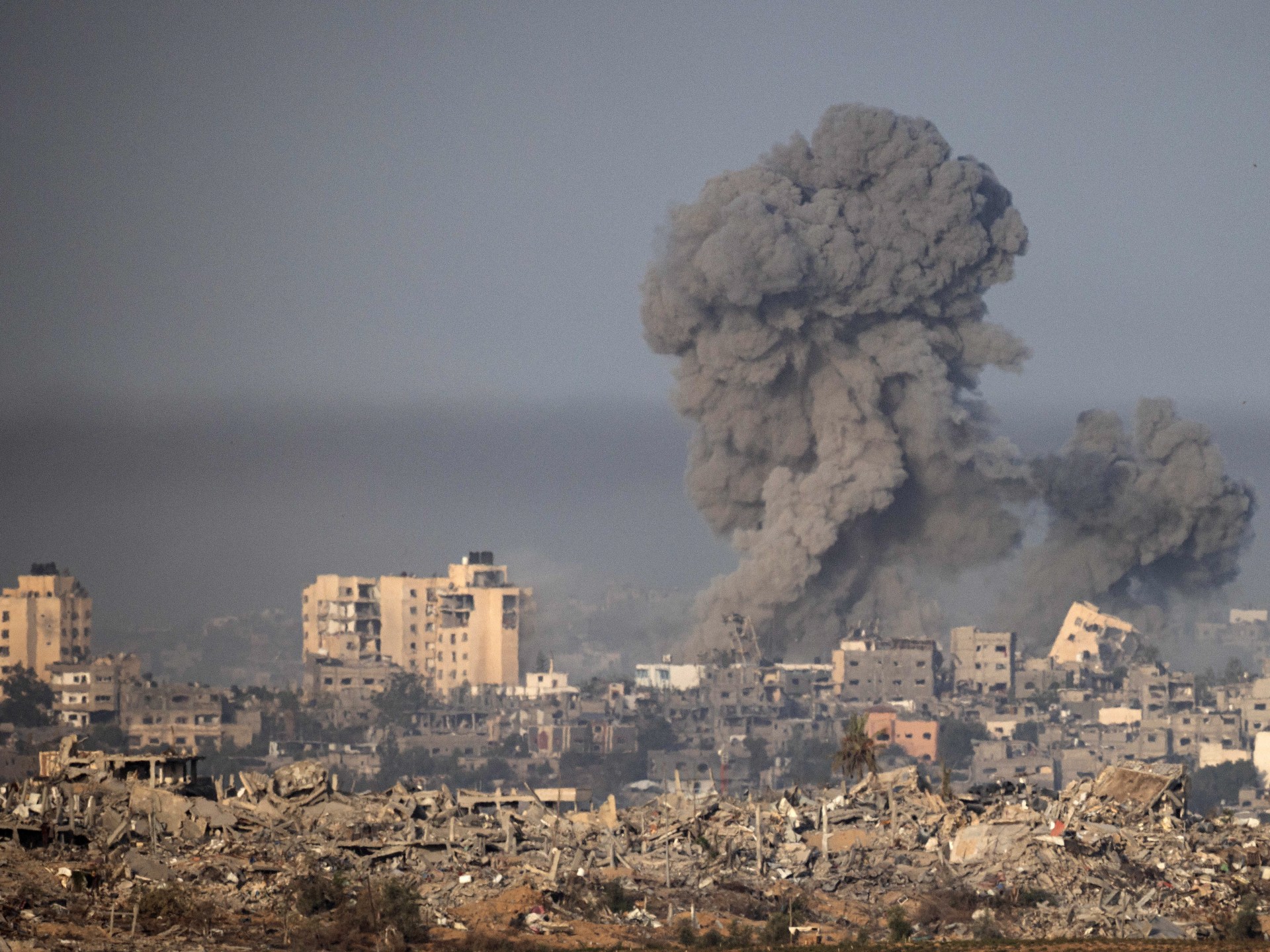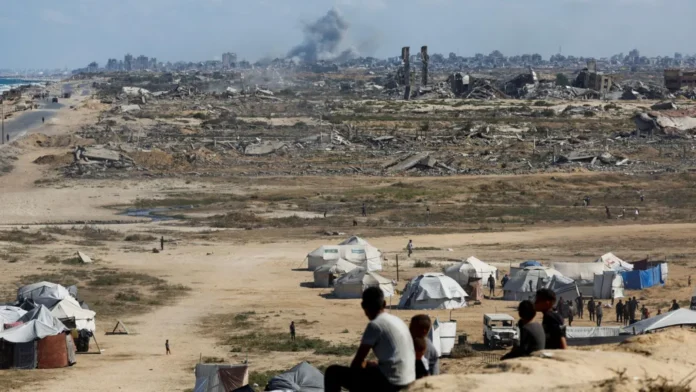Diplomatic Hopes Rise as Hamas and Israel Prepare for High-Stakes Talks
International attention has turned toward Cairo as indirect discussions between Hamas and Israeli representatives are scheduled to commence Monday, marking a potentially pivotal moment in efforts to resolve the ongoing Gaza conflict and secure the freedom of captives held since October 2023.
Hamas Shows Flexibility on Peace Framework

The Palestinian militant organization has indicated acceptance of several components within a comprehensive 20-point American peace proposal. Their response included agreement to release individuals being held captive and transfer administrative control of Gaza to independent Palestinian technical experts. However, the organization has requested further dialogue on various outstanding matters.
Notably absent from Hamas’s official statement were references to two critical Israeli requirements: the complete disarmament of the militant group and its exclusion from any future governing role in the coastal territory.
Military Operations Continue Despite Diplomatic Progress
Despite United States President Donald Trump’s Friday directive calling on Israel to “immediately stop the bombing” following Hamas’s response to the peace framework, Israeli military actions have persisted throughout the Gaza Strip.
Israeli government representative Shosh Bedrosian clarified Sunday that “while certain bombings have actually stopped inside of the Gaza Strip, there’s no ceasefire in place at this point in time.” She explained that Prime Minister Benjamin Netanyahu authorized defensive measures, allowing forces to respond when facing direct threats on the ground.
Casualties Mount as Strikes Persist
According to Gaza’s health authorities, overnight bombardments and artillery fire continued into Sunday morning, resulting in the destruction of multiple residential structures in Gaza City. International journalists reported hearing explosions and observing smoke plumes from locations near the Israeli border.
The health ministry, operating under Hamas administration, reported 65 additional fatalities from Israeli operations in the 24-hour period ending at midday Sunday. Since the conflict’s outbreak in October 2023, the ministry states that 67,139 Palestinians have lost their lives due to Israeli military operations.
American Officials Emphasize Need for Operational Pause

United States Secretary of State Marco Rubio stressed the necessity of halting bombardments to facilitate hostage releases during his appearance on CBS News’ Face the Nation.
“You can’t release hostages while there’s still bombardments going on… that has to stop, but you also have to work through the other logistics,” Rubio explained, adding that Washington seeks the swift return of all captives.
Details of the Proposed Peace Agreement
The comprehensive 20-point proposal calls for an immediate cessation of hostilities and the release of 48 individuals currently held by Hamas, though intelligence suggests only 20 remain alive. In exchange, Israel would free hundreds of detained Palestinians from its facilities.
Prime Minister Netanyahu expressed optimism Saturday evening, stating he anticipated announcing hostage releases “in the coming days.” His spokesperson emphasized that negotiations have been limited to a brief timeframe in coordination with the Trump administration.
Key Players Gather for Crucial Discussions
Israeli negotiators departed for Egypt Sunday evening ahead of Monday’s scheduled talks. The discussions will include American special envoy Steve Witkoff and Qatar’s Foreign Minister Sheikh Mohammed bin Abdulrahman Al Thani, underscoring the international significance of these negotiations.
Diplomatic sources suggest these talks represent the most consequential discussions since the conflict began nearly two years ago, potentially determining whether a viable path toward resolution exists.
Regional Pressure Influences Hamas Position
Palestinian officials familiar with the negotiations revealed that mediators from Qatar, Egypt, and Turkey played instrumental roles in persuading Hamas to moderate its stance and reserve contentious issues for the negotiating table rather than presenting them as preconditions.
Many observers interpret Hamas’s tactical flexibility as acknowledgment of its weakened position after prolonged conflict, though this approach carries considerable risks for Gaza’s civilian population, who continue suffering casualties and displacement daily.
Territorial Withdrawal Proposals Spark Concerns
President Trump announced via social media that Israel agreed to an initial withdrawal plan, the first phase in a proposed series of military pullbacks from Gaza. However, analysis of the proposed withdrawal map indicates it would initially prevent approximately 900,000 Palestinians from returning to their residences.
The territorial lines exclude significant areas including Rafah in the south, northern towns of Beit Hanoun and Beit Lahia, substantial portions of Gaza City, and sections of Khan Younis and Deir al-Balah. Hamas previously rejected similar territorial arrangements during earlier negotiation rounds in March and May.
Background of the Conflict
The current military campaign began following Hamas’s October 7, 2023 assault on southern Israel, which resulted in approximately 1,200 Israeli deaths and 251 individuals taken captive. The ongoing conflict has since claimed tens of thousands of Palestinian lives according to local health authorities.
Israel’s prohibition on independent international journalist access to Gaza since the conflict’s inception has complicated verification of claims from all parties involved.
Cautious Optimism as Talks Approach
As negotiators prepare to convene in Cairo, regional observers remain cautiously hopeful that despite deep-seated mistrust and political instability, these discussions might finally establish a framework for ending the hostilities and addressing humanitarian concerns in Gaza.

